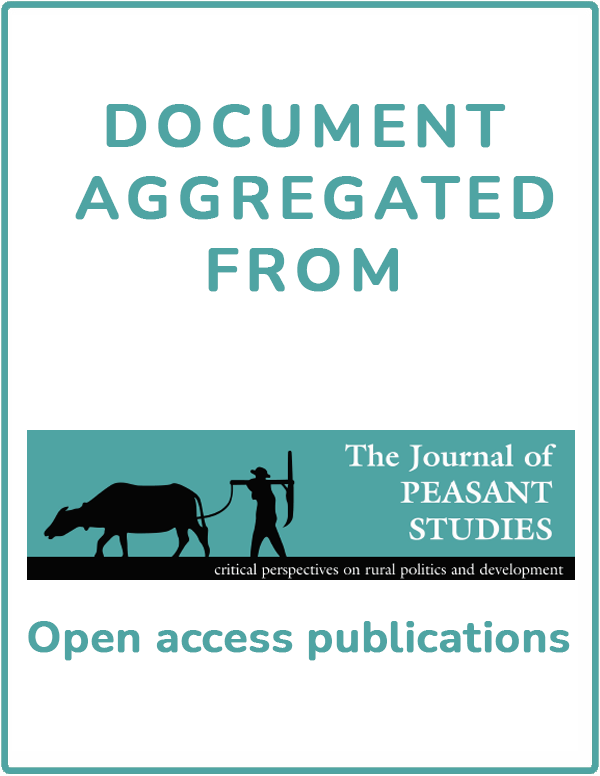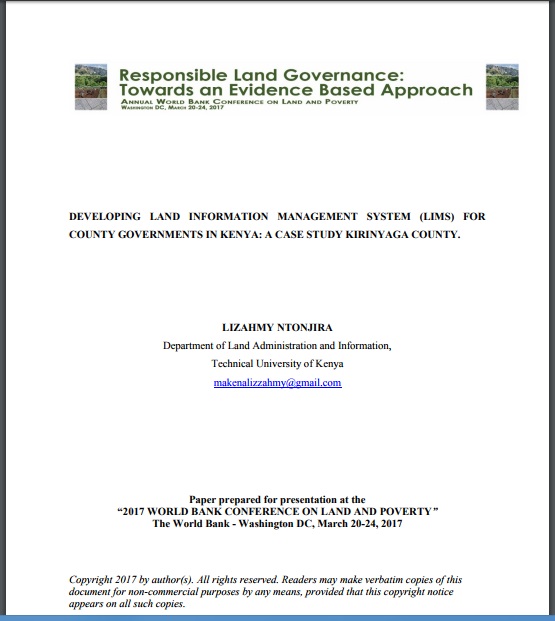Zimbabwe urgently needs a new land administration system
Zimbabwe today has an agrarian structure made up of small, medium and large farms, all under different forms of land ownership. A landscape once dominated by 4,500 large-scale commercial farmers is now populated by about 145,000 smallholder households, occupying 4.1 million hectares, and around 23,000 medium-scale farmers on 3.5 million hectares. Knowing exactly who has land and where is difficult. Illegal multiple allocations combine with unclear boundary demarcations and an incomplete recording system.





